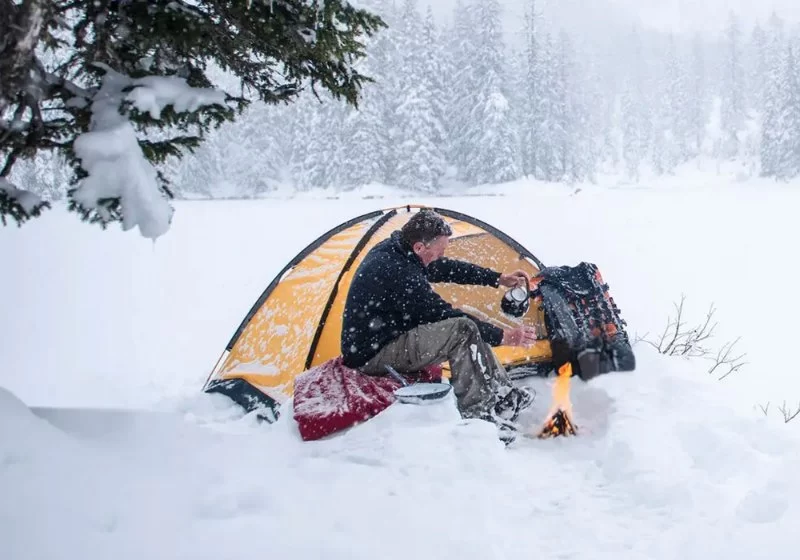Learn how to plan safe and enjoyable camping trips while managing chronic illness. Explore precautions, preparation tips, real experiences, and resources for healthier outdoor adventures.

- 1 - Understanding the Challenges of Camping with Chronic Illness
- 2 - Healthcare Preparations Before Heading Outdoors
- 3 - Essential Gear and Comfort Items for Campers with Health Needs
- 4 - Real-Life Stories from Campers with Chronic Illness
- 5 - Precautionary Steps to Stay Safe at Campsites
- 6 - Where to Find Support and Resources for Accessible Camping
1 - Understanding the Challenges of Camping with Chronic Illness
Camping offers a chance to reconnect with nature, but for individuals managing chronic illness, it presents unique challenges. Conditions such as diabetes, asthma, arthritis, or heart disease can be triggered by environmental changes like temperature shifts, altitude, or limited access to medical care. Recognizing these challenges is the first step in creating a safe plan. The key is not to avoid camping altogether, but rather to prepare in a way that supports health while still enjoying the outdoors.
2 - Healthcare Preparations Before Heading Outdoors
Proper preparation begins with a conversation with a healthcare provider. Doctors can help campers understand how outdoor conditions may affect their condition and recommend preventive steps, such as adjusting medication schedules or packing extra prescriptions. Another critical step is preparing a medical kit tailored to individual needs. This may include portable oxygen supplies, insulin storage coolers, or extra inhalers. For families traveling with someone who has chronic illness, knowing the closest hospital or urgent care center near the campsite adds an extra layer of security.
3 - Essential Gear and Comfort Items for Campers with Health Needs
The right gear makes camping both safer and more comfortable. Many campers with chronic illness find that ergonomic sleeping pads, portable camping toilets, and easy-access cooking tools reduce strain and improve daily routines. Products designed for accessibility, such as lightweight folding chairs or tents with wider entrances, can make a big difference. At Pine Cliff Resort, curated recommendations are available for outdoor gear that combines comfort with practicality, helping campers choose wisely without spending endless hours researching.
4 - Real-Life Stories from Campers with Chronic Illness
One inspiring example comes from a woman with multiple sclerosis who shared how she adjusted her camping habits to match her health. She planned shorter hikes, brought a reclining camp chair, and used a portable fan to manage heat sensitivity. Another camper with Crohn’s disease emphasized the importance of campsite selection, choosing areas with restroom access and avoiding remote locations. These personal stories remind us that camping with chronic illness is not about limitation—it’s about adaptation and making smart choices.
5 - Precautionary Steps to Stay Safe at Campsites
Once at the campsite, taking precautions becomes just as important as preparation. Staying hydrated, eating balanced meals, and avoiding overexertion help keep symptoms in check. For some, setting a strict rest schedule can prevent flare-ups. Campers should also pay attention to environmental risks such as insect bites, which may worsen certain conditions, or sudden weather changes. Planning for shade, bringing layers for warmth, and using medical alert bracelets are small but impactful measures that enhance safety throughout the trip.
6 - Where to Find Support and Resources for Accessible Camping
Accessible camping is becoming more recognized, with resources now widely available. Many campgrounds in the U.S. offer ADA-compliant facilities, including wheelchair-accessible restrooms and flat terrain for easy navigation. Online communities provide spaces for people with chronic illness to share tips and campsite recommendations. To simplify the process, Pine Cliff Resort offers valuable suggestions on equipment, supplies, and safe destinations, helping campers find peace of mind while enjoying the great outdoors.
Modern Campground
2928 Glengary Rd, Commerce Township, MI 48382, USA
Visit Location PageHeavens Hope
Wayne Co 224, Lowndes, MO 63951, USA
Visit Location Page